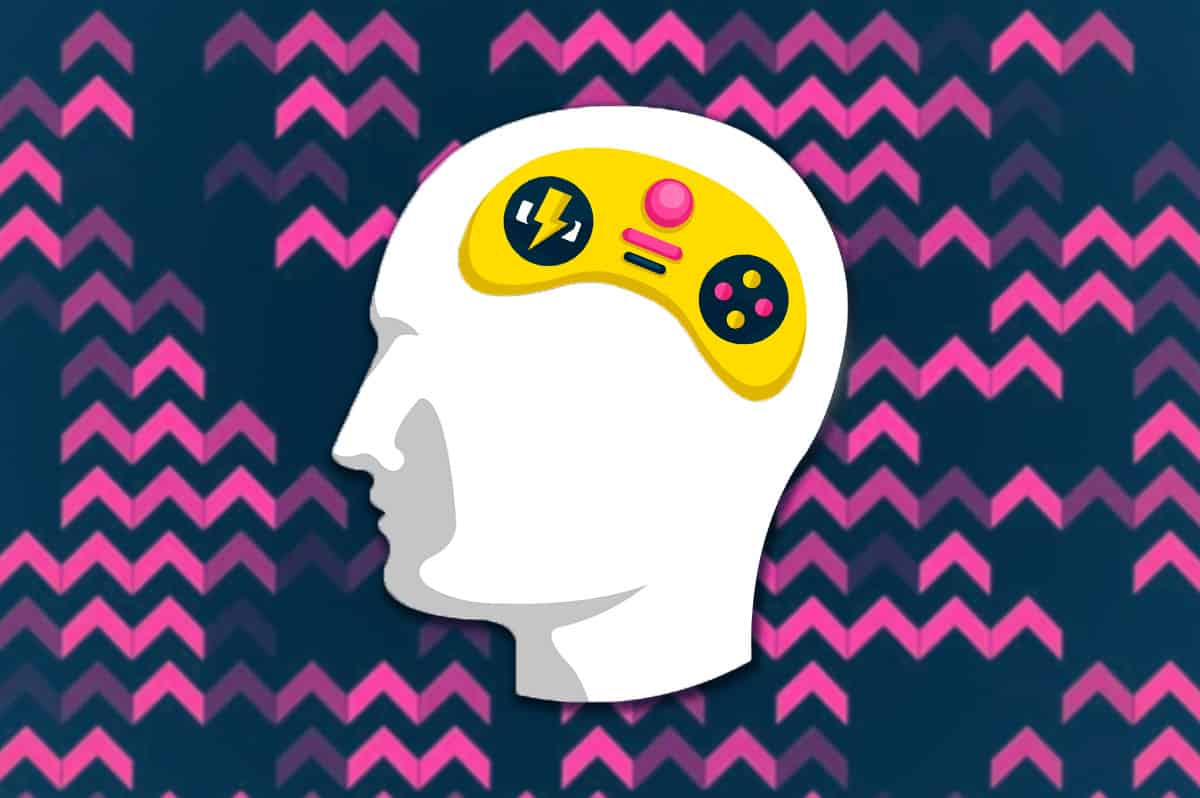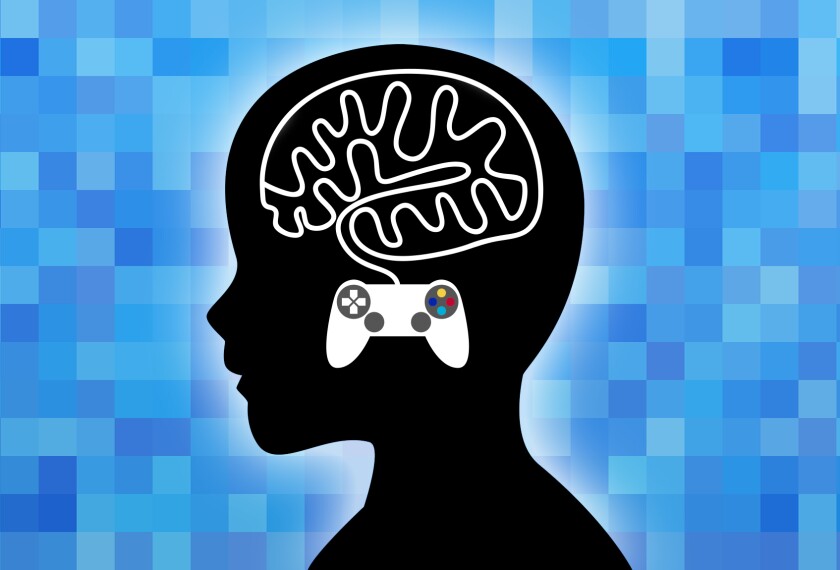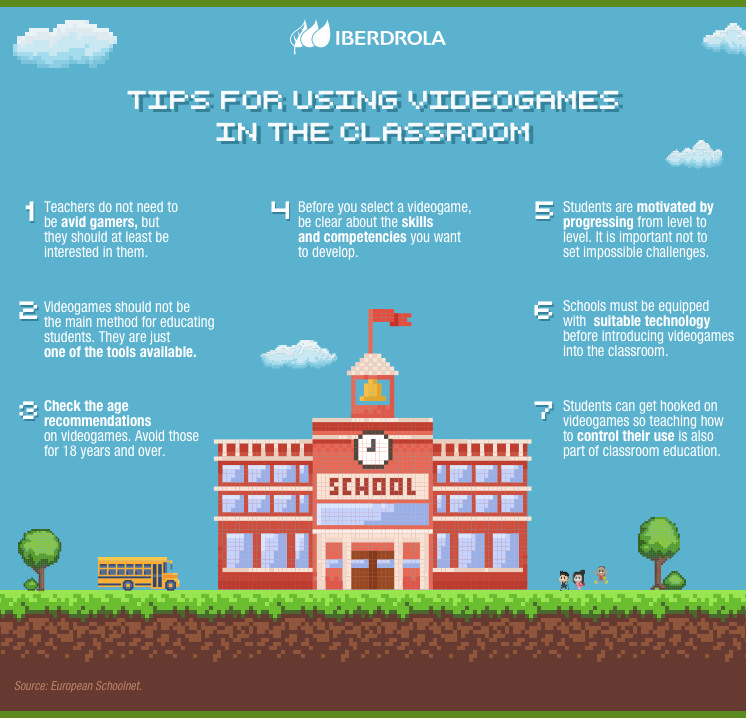
The Importance of Video Games in Skill Development and Learning
As the video game industry has flourished, its significance in skill development and learning cannot be overlooked. With a market worth billions and an ever-expanding audience, video games are not just a form of entertainment; they are becoming educational tools that foster essential skills.
The Growth of the Video Game Industry
Over the last few decades, the video game industry has transformed substantially. Here are some key growth indicators:
- Market Size: The global gaming market is projected to exceed $200 billion by 2023.
- Diversity of Genres: From educational to action-packed games, options cater to various learning styles and preferences.
- Cross-Platform Play: This connectivity allows players to engage and collaborate across different devices, enhancing the social aspect of gaming.
Benefits of Video Games in Skill Acquisition
Video games offer several benefits that contribute to skill acquisition. For instance:
- Engagement: Players often immerse themselves in challenges, improving persistence and motivation.
- Instant Feedback: Many games provide immediate responses to players’ actions, aiding in rapid learning.
- Safe Environment: They offer a risk-free setting to practice decision-making, strategy formulation, and risk assessment.
Through engaging gameplay, players develop valuable competencies that extend well beyond the screen—skills that are increasingly essential in today’s world.

Cognitive Skills Enhanced Through Video Games
Moving beyond skill acquisition, video games actively enhance cognitive skills, transforming players into effective problem solvers and agile decision-makers. These games challenge users in ways that traditional learning often does not, making them invaluable tools for cognitive development.
Problem-Solving Abilities
Many games require players to navigate complex challenges, pushing them to strategize and think critically. For instance, puzzle games like Portal necessitate creative solutions to progress, fostering innovation and lateral thinking.
- Challenge Engagement: Players tackle puzzles that vary in difficulty, enhancing adaptive thinking.
- Resourcefulness: Players learn to make decisions with limited information, honing their ability to think on their feet.
Decision-Making Skills
Video games often place players in high-stakes scenarios requiring quick yet thoughtful choices. This experience translates to real-life situations:
- Risk Assessment: Players evaluate risks versus rewards while making strategic moves in games like StarCraft.
- Consequence Awareness: Understanding that actions can yield various outcomes helps improve foresight.
Memory Retention and Cognitive Flexibility
Games not only promote memory retention through repetitive tasks and quests but also encourage cognitive flexibility. For example, role-playing games (RPGs) often require players to remember character skills and quest lines while adapting to new challenges.
- Adaptive Learning: Players adjust their strategies based on previous experiences, fostering a dynamic thinking process.
- Enhanced Recall: Engaging narratives help reinforce memory retention, making information easier to remember long-term.
In this way, video games significantly contribute to cognitive skill enhancement, proving to be powerful tools for personal and intellectual growth.

Emotional and Social Development Through Video Games
Continuing from the cognitive benefits, video games also play a pivotal role in fostering emotional and social development among players. They create environments where individuals can learn to connect, cooperate, and navigate complex emotions.
Empathy and Social Skills
Playing narrative-driven games, such as Life is Strange or The Last of Us, allows players to step into the shoes of diverse characters facing various moral dilemmas. This immersive experience cultivates empathy by prompting players to consider different perspectives.
- Character Connections: Players form bonds with in-game characters, enhancing their understanding of human emotions.
- Conversation Simulation: Engaging dialogue options help improve real-world communication skills and interpersonal relationships.
Stress Management and Resilience
Video games can also serve as a healthy outlet for stress. Engaging in gameplay provides players with a sense of achievement, which can offset feelings of anxiety or pressure.
- Coping Mechanism: Many players utilize gaming as a form of escapism, allowing them to unwind after a long day.
- Resilience Building: Overcoming challenges in games teaches persistence, encouraging players to try again after failure.
Teamwork and Collaboration
Multiplayer games, like Overwatch and Fortnite, emphasize teamwork, making communication and collaboration essential for success.
- Shared Goals: Players learn to work together towards common objectives, enhancing group dynamics.
- Role Recognition: Understanding each team member’s strengths and weaknesses fosters cooperative strategy development.
Overall, these emotional and social benefits of video games contribute significantly to holistic personal development, further showcasing why video games are essential for skill development.

Motor Skills and Hand-Eye Coordination Improvement
As we delve deeper into the benefits of video games, it’s vital to recognize how they contribute to enhancing motor skills and hand-eye coordination. Many gamers discover that the skills they develop in-game translate remarkably well into real-world tasks.
Precision and Reflexes in Gaming
High-paced games, such as Call of Duty or Street Fighter, challenge players to react swiftly while maintaining accuracy. The ability to link visual cues with physical responses sharpens reflexes dramatically.
- Quick Decision-Making: Players must assess situations rapidly, improving their reaction times.
- Targeting Skills: Shooting and aiming mechanics require precision, which can transfer to real-life activities like sports.
Fine Motor Skills Development
Engaging with various game controls fosters fine motor skills through intricate finger movements. Through gameplay, players engage in tasks that require dexterity:
- Game Controllers: The use of joysticks and buttons trains finger agility and coordination.
- Touchscreen Gaming: Mobile games often involve swiping and tapping, reinforcing finger strength and control.
By honing these motor skills through gaming, players not only enhance their gaming experience but also develop crucial abilities beneficial in everyday life. This highlights yet another reason why video games are essential for skill development.

Transferable Skills Acquired from Video Games
Transitioning from the physical and social skills highlighted earlier, video games also foster a treasure trove of transferable skills that are incredibly valuable in various real-life situations.
Time Management and Resource Allocation
Many strategy and simulation games, like Civilization and SimCity, require players to manage their time and resources effectively. Players learn to prioritize tasks and allocate limited resources to achieve objectives.
- Strategic Planning: Players often have to make decisions about when to invest in infrastructure or technology, honing their planning skills.
- Deadline Adherence: Completing missions or building structures within time limits fosters effective time management.
Leadership and Adaptability
Leadership qualities often emerge in multiplayer and role-playing games. As players take on group roles or direct teams toward shared goals, they develop essential leadership skills.
- Assertiveness and Guidance: Players frequently find themselves leading a team, making strategic decisions that impact the group’s success.
- Adaptability: Games can change rapidly, teaching players to adjust their strategies based on new information or obstacles, a skill vital in dynamic work environments.
In essence, the skills gained from video games are not confined to the gaming world; they effortlessly translate into invaluable assets that enhance personal and professional growth.

Educational Value of Video Games
Building upon the transferable skills acquired through gaming, the educational value of video games is an area ripe for exploration. They have emerged as powerful tools for enhancing learning experiences in engaging and innovative ways.
Learning Through Gamification
Gamification, the process of applying game elements to non-game contexts, has transformed education significantly. By integrating game mechanics into learning modules, educators can create more interactive and motivating environments.
- Engagement Boost: Points, badges, and leaderboards encourage students to actively participate in their learning journey.
- Instant Feedback: Players receive immediate results on their performance, allowing for quick adjustments and enhanced understanding.
A personal favorite example is Kahoot!, a trivia-based platform where students compete to answer questions, fueling excitement while reinforcing classroom concepts.
Practical Applications in Education
Many educational institutions have started incorporating video games into their curricula. Games like Minecraft: Education Edition allow students to explore concepts in science, math, and architecture.
- Creative Exploration: Students build projects while learning about physics and design principles.
- Collaborative Learning: Multiplayer features foster teamwork, encouraging communication and problem-solving among peers.
Overall, the educational uses of video games exemplify their potential to provide comprehensive learning experiences while maintaining student engagement. This highlights yet another reason why video games are essential for skill development.

Critiques and Misconceptions Surrounding Video Games
While video games offer numerous benefits for skill development and learning, they often come with critiques and misconceptions that warrant addressing. These concerns can cloud public perception, leading to bias against this dynamic medium.
Addressing Common Concerns
One of the most prevalent concerns is that video games lead to violent behavior. While it’s true that some games contain violent content, a multitude of studies suggests that the correlation between gaming and real-world violence is minimal.
- Aggression Misinterpretation: Engaging with violent video games might lead to more aggressive thoughts, but it doesn’t directly result in violent actions.
- Constructive Outlets: Many players express that gaming serves as an outlet for stress rather than a catalyst for aggression.
Debunking Myths
Another common myth is that video games are purely a waste of time. On the contrary, they can be powerful educational tools, as we’ve discussed.
- Enhanced Learning: Games promote critical thinking and collaboration, demonstrating that gameplay can correlate with academic success.
- Skill Development: The skills developed in gaming environments—time management, problem-solving—inevitably carry over to real-life scenarios.
By debunking these myths and addressing concerns, we can foster a more balanced conversation about the positive aspects of video games and their potential for development.

Parental Guidelines and Moderation in Gaming
As we appreciate the numerous benefits of video games, it’s essential to discuss the importance of parental guidelines and moderation in gaming. Responsible gaming can help maximize the positive effects while mitigating potential drawbacks.
Balancing Gaming Time with Other Activities
One of the most crucial aspects of gaming for children is ensuring a balanced lifestyle. It’s vital to encourage a variety of activities to foster overall development.
- Daily Schedule: Consider including designated gaming hours within a wider daily schedule that also features time for sports, homework, and family activities.
- Physical Activities: Encourage outdoor games or sports to promote physical fitness and social interaction, providing a healthy contrast to screen time.
I recall a family friend who implemented a “screen-free Sunday.” This approach not only fostered family bonding but also inspired everyone to explore new hobbies and interests.
Setting Healthy Boundaries
Establishing clear and healthy boundaries surrounding gaming is essential:
- Limit Daily Playtime: Depending on age, set reasonable daily limits. For example, one hour on school nights and two hours on weekends can be a great starting point.
- Content Monitoring: Regularly review the games your children play to ensure their content is appropriate for their age and aligns with your family’s values.
By fostering moderation and setting boundaries, parents can help create a healthy gaming environment that maximizes the benefits while ensuring a well-rounded lifestyle for their children.

Conclusion: Harnessing the Potential of Video Games for Skill Development
In summary, video games hold immense potential for fostering skill development across cognitive, emotional, social, and motor domains. When approached thoughtfully, gaming can enrich a child’s growth and learning experiences in numerous ways, as discussed in previous sections.
Recognizing the Benefits
Acknowledging the positive aspects of video gaming—such as cognitive skill enhancement, emotional growth, and transferable skills—is crucial. By harnessing these benefits, parents and educators can guide children toward productive gaming experiences.
- Engagement in Learning: Gamification and narrative-driven games can serve as exciting educational tools, making learning fun and stimulating.
- Skill Application: The skills acquired through gaming can be applied in real-world contexts, preparing children for future challenges.
As we navigate this digital landscape, it’s vital to balance gaming with other activities, as illustrated by practices like screen-free time and healthy boundaries. By embracing gaming’s educational value and guiding its use, we can encourage children to become not just players, but well-rounded individuals equipped for success in today’s society.
